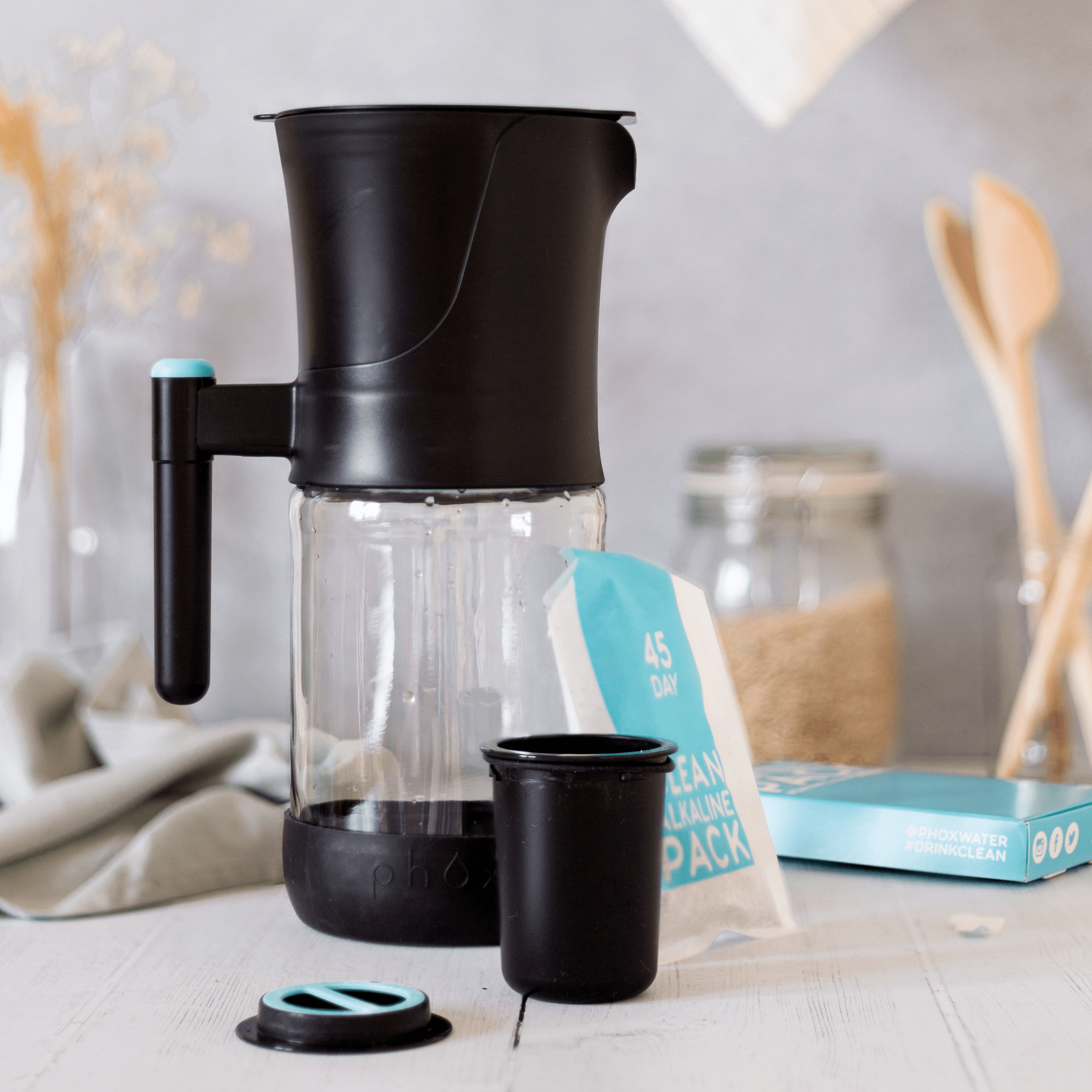Maintaining Your Water Filter: Tips and Best Practices for Longevity
We often underestimate the importance of clean and pure water in our lives. Whether it's for drinking, cooking, or even washing our produce, having a reliable water filter is essential. But hey, just buying a water filter isn't enough; maintaining it properly is the key to enjoying its benefits for years to come. In this blog post, we'll dive into the wonderful world of water filter maintenance and share some invaluable tips and best practices to ensure its longevity. So, let's get started!
Understand Your Water Filter:
Before we jump into maintenance tips, let's take a moment to understand the basic workings of a water filter. Different filters have unique mechanisms, such as activated carbon, reverse osmosis, or ultraviolet sterilisation. Familiarise yourself with the specific type of filter you have and its maintenance requirements. This will help you tailor your maintenance routine accordingly.
Regular Filter Replacement: One of the most crucial aspects of maintaining your water filter is timely replacement. Most filters come with a recommended lifespan, which can vary depending on usage and water quality. Keep an eye on the manufacturer's instructions and replace your filter cartridges as recommended. If you have one of our filters then you never have to replace the cartridge, simply replace the media using our refill packs every 45 days or 200L - whichever comes first. Neglecting this step can lead to reduced filtration efficiency and even water contamination.

Rinse and Clean the Jug Body: Apart from replacing the cartridges or filter media, it's essential to clean the filter body periodically. Over time, sediments and impurities can accumulate inside the housing, affecting the filter's performance. Simply detach the housing, rinse it thoroughly with warm water, and scrub away any residue.
Maintain Water Pressure: Water pressure plays a significant role in the efficiency of your filter. If you notice a sudden drop in water flow, it might be due to clogged pores or a malfunctioning pressure regulator. Regularly check the water pressure and ensure it falls within the recommended range for your filter. If necessary, clean or replace any components affecting the pressure.
Avoid Hot Water: Most water filters are not designed to handle hot water. Using hot water can damage the filter cartridges and compromise their effectiveness. Stick to using warm water to extend the lifespan of your filter and maintain its peak performance.

Remember, a well-maintained water filter not only provides you with clean and pure water but also saves you from potential health risks and costly repairs. So, don't forget to follow these tips and best practices, and enjoy a continuous supply of refreshing and safe water.
Cheers, to clean hydration and happy filtering!


